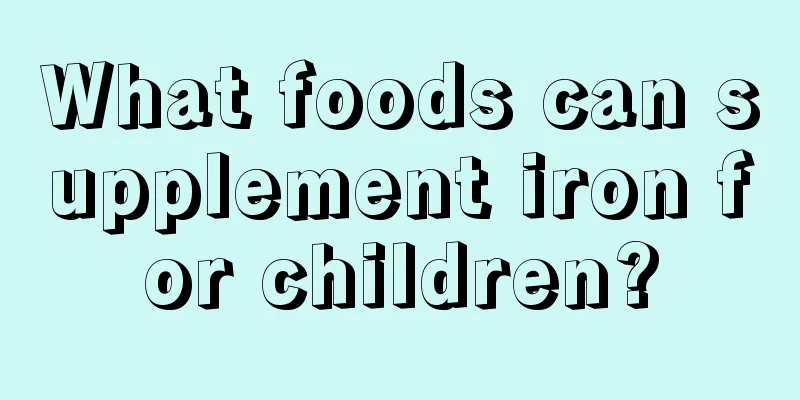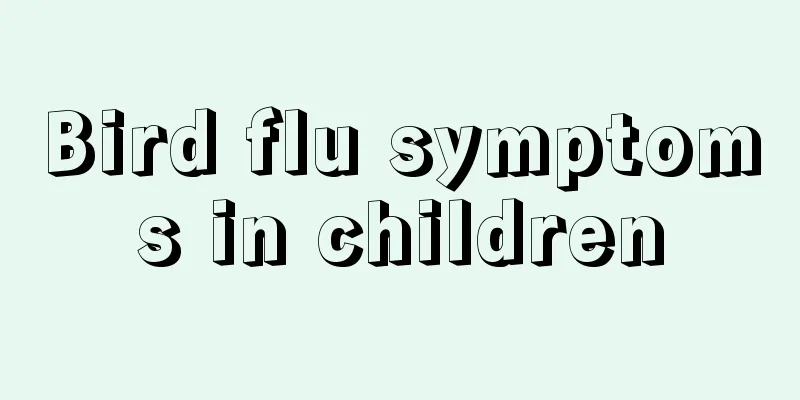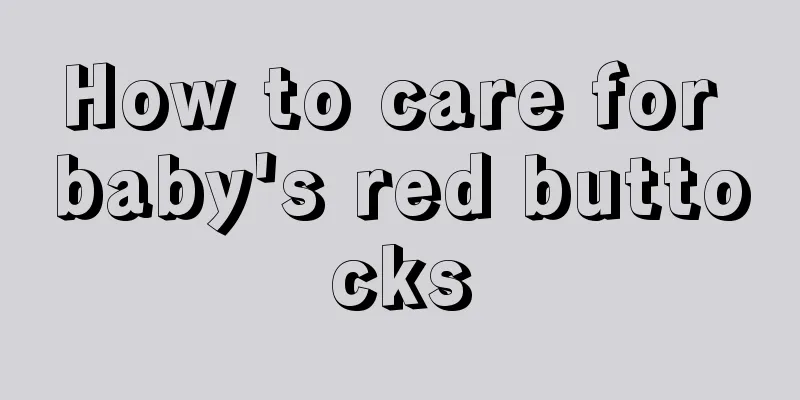What causes gum pain in children?

|
If parents do not pay attention to their children's oral hygiene, or if their children often eat sweets, this can easily lead to tooth decay, gingivitis and oral diseases. When oral diseases occur, they often cause gum pain and may cause some bacterial infections, which are quite harmful to children's teeth. They may also cause loss of appetite, crying and other phenomena in children. At this time, we should pay attention to diet conditioning and seek timely treatment. In particular, children should develop good oral hygiene, brush their teeth at least twice a day, and try to eat less sweets. Be sure to rinse your mouth after eating, especially for children who have not yet changed their teeth. This is not good for the growth of permanent teeth. What causes gum pain in children? (1) Infection. Infection of the dental pulp is caused by bacteria. When the hard tissue of the tooth is damaged by decay and cavities are formed, a large number of bacteria will accumulate in the cavities. The hard tissue protecting the dental pulp is destroyed, which opens a convenient door for toxins produced by bacteria and the products of decomposition of carious tissue to enter the dental pulp cavity. These substances enter the pulp cavity and cause inflammation of the pulp tissue. In addition, bacteria can also come into contact with exposed pulp or close to exposed pulp through mechanical trauma and cause infection; they can also infect the pulp through abnormal parts of tooth development (such as abnormal central cusp, abnormal lingual fossa); when there is a longitudinal crack from the occlusal surface to the root of the crown and it is deep or close to the pulp cavity, bacteria can also infect the pulp through this channel; in addition, bacteria can also use tooth wear, periodontal disease, blood-borne infection and other means to cause inflammation of the pulp. (2) Chemical stimulation. This type of stimulation is mainly iatrogenic. For example, when using drugs to disinfect cavities to treat caries, it can cause chemical stimulation to the dental pulp. When filling a cavity, improper use of some materials may also irritate the pulp and cause inflammation of the pulp. (3) Physical stimulation. This mainly refers to temperature stimulation. In daily life, general temperature changes will not cause pulp lesions, but when the temperature changes suddenly, such as drinking a cold or iced beverage immediately after drinking hot tea, it will cause pulp congestion and even pulpitis; for example, when mechanical grinding is performed to treat caries, if there is no cooling treatment, the excessive temperature generated by friction can also cause pulpitis; when filling deeper cavities, if there is no pad (for insulation), directly using metal materials for filling will directly transfer the external temperature to the pulp, thereby causing inflammation. (4) Trauma. Acute or chronic trauma can damage the blood vessels at the root apex of the tooth, causing blood circulation obstruction in the pulp and leading to pulpitis. In addition, pulpitis may also be caused by direct exposure of the pulp due to tooth fracture. |
<<: How effective is the Chinese medicine patch in treating baby’s cough?
>>: What medicine should children take for laryngitis
Recommend
What to do if your baby has a fever
The degree of fever in babies varies. Parents sho...
What to do if your baby is breathing heavily
Whether a baby's breathing is heavy depends o...
What happens if my child has white spots on his stomach?
The appearance of white spots on a child's be...
Does a child's late speech have anything to do with IQ?
We all know that in life, many parents are partic...
What should I do if my one-year-old baby has a fever of 39 degrees?
Fever is a disease that is very common in the hum...
At what age do children have crescents on their fingers?
The half-moons on our fingers actually reflect ou...
Can a 10-month-old baby eat goose eggs?
During the child's growth process, parents wi...
How tall is a 10-year-old child?
Children's growth and development is a very s...
When can children have their teeth straightened?
Before school age, babies' teeth may have var...
What to do if your baby always tilts his head when sleeping
Any details on the baby will attract the attentio...
Methods of calcium supplementation for full-month babies
Many parents and friends have overlooked a proble...
Newborns need early education to develop their five senses
In addition to nutritional supply, the developmen...
What is the red pimple on the baby's arm?
The skin of infants and young children is relativ...
What should we pay attention to when it comes to the food intake standards for newborns?
Some newborns have serious physical problems, esp...
Is it bad if the baby takes a bath every day?
Clean-loving mothers often bathe their babies onc...









